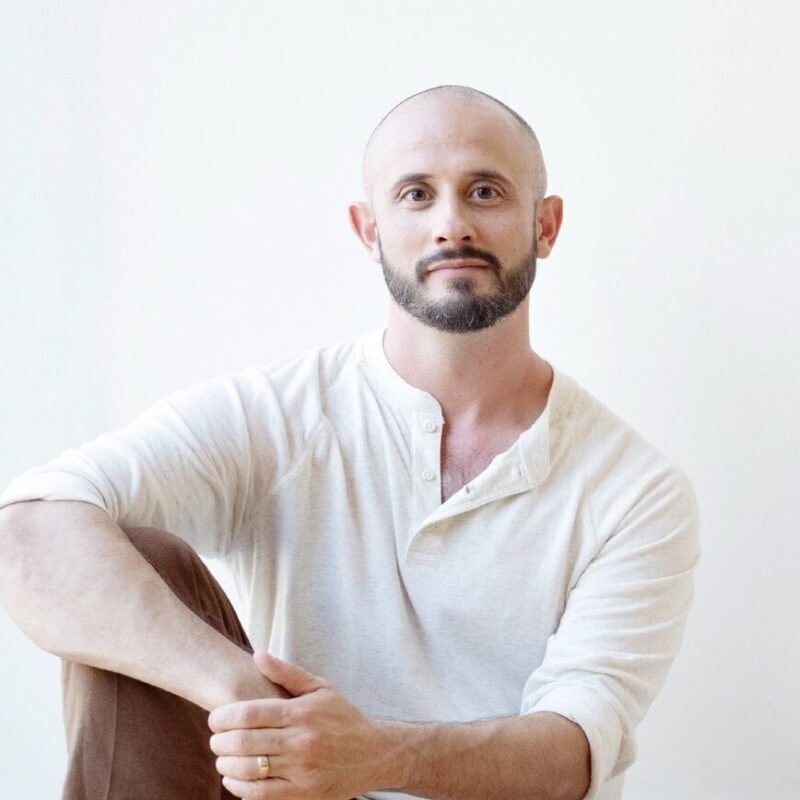By Whitney Marris, LCSW, and Director of Trauma-Informed Practice and System Transformation, Campaign for Trauma-Informed Policy and Practice
As we observe Mental Health Awareness Month this May, it’s likely that we will encounter a variety of content about self-care; various listicles will try to sell us the frothiest of bubble bath soaps, and our employers will remind us how important it is to strike a healthy work-life balance while maximizing productivity, potentially going the “extra mile” to provide us with a modest gift card to a coffee shop so we can “treat ourselves.”
Yes—research establishes self-care as a critical component of experiencing good health and well-being. Missing from the dominant discourse centering individual-self care behaviors, though, is attention to the systemic circumstances and institutional ills that inhibit us from experiencing holistic wellness – especially those with lived experiences characterized by trauma.
It’s time to challenge the ideology of individualism, competition, scarcity, and hierarchy that commodifies self-care and places the onus on individuals to preserve just enough energy to cope with ongoing harm to survive. By drawing from wisdom embedded in frameworks that emphasize the inextricable interconnectedness of all humanity and a shared responsibility to support one another in accessing well-being, such as mutual aid and the African philosophy of ubuntu (“I am, because we are”), we can bridge the concepts of self-care and collective care in ways that institutionalize a culture of wellness where all can thrive. To accomplish this, we must move from a scarcity mindset towards one of abundance which recognizes that there is enough to go around for everyone if we anchor in our common humanity and work together to create a world in which everyone’s needs can be met.
We often receive mixed messages about self-care, including that caring for oneself is inherently selfish because it prioritizes oneself above others, as well as that selfless acts like sacrificing self-care are exemplary of good citizenship and strong moral character. These messages can compound unmet needs and inhibit trauma recovery, keeping us stuck in cycles of overwhelm and depletion. Shame and stigma about what we “should” or “shouldn’t” do can feel like a personal failing and thwart us from asking for help to get what we need. These factors impact how each of us shows up in our daily lives; when we don’t nurture our needs, we can project our experiences or perspectives onto others in unhealthy ways that perpetuate harm and deepen divides. In contrast, collective care cultivates a culture of accountability in which seeking support is encouraged and actions that promote well-being are reciprocated, which aligns with our hardwired nature to thrive in community.
Ultimately, our collective ability to be mutually caring and resilient enough to withstand macro-level threats to well-being is contingent upon “I”s who comprise the “we” creating space within themselves to act with intentionality to support others. Engaging in self-care unlocks our ability to uphold that social contract, fostering within us a sense of self-fullness through which we can honor our humanity and achieve our full potential, both individually and collectively. Self-care and collective care, then, are not contradictory, but rather are complementary; in practice, each component is necessary for the full realization of the other.
Solutions to transform the sociopolitical norms that limit access to well-being must ultimately rest on the systems and institutions that define the world in which we live, learn, work, and play; having said that, our ability to join together in power and action to repair harm, dismantle oppressive structures, and create a healthier world is contingent upon each of us taking care of both ourselves and one another. Abandoning an “either/or” approach in favor of a “both/and” when it comes to caring for ourselves and each other is something we can each begin doing right now. Practiced on a small scale, this will cascade outwards and set the pattern for larger systems and institutions.
So, as you notice platitudes in the news and on your social media feeds this month, consider taking a moment to reflect on the messages you’ve received and the stories you’ve told yourself about what it means to “do” self-care to promote mental health and wellbeing. What might you do to integrate more consideration for the many dimensions of human well-being in how you show up to support the holistic health of yourself and your community? How might you set an intention to practice caring for yourself and others as an intentional, integrated, and enduring life process? What will be your next small step to help you feel more connected to yourself, your community, and your shared values?



